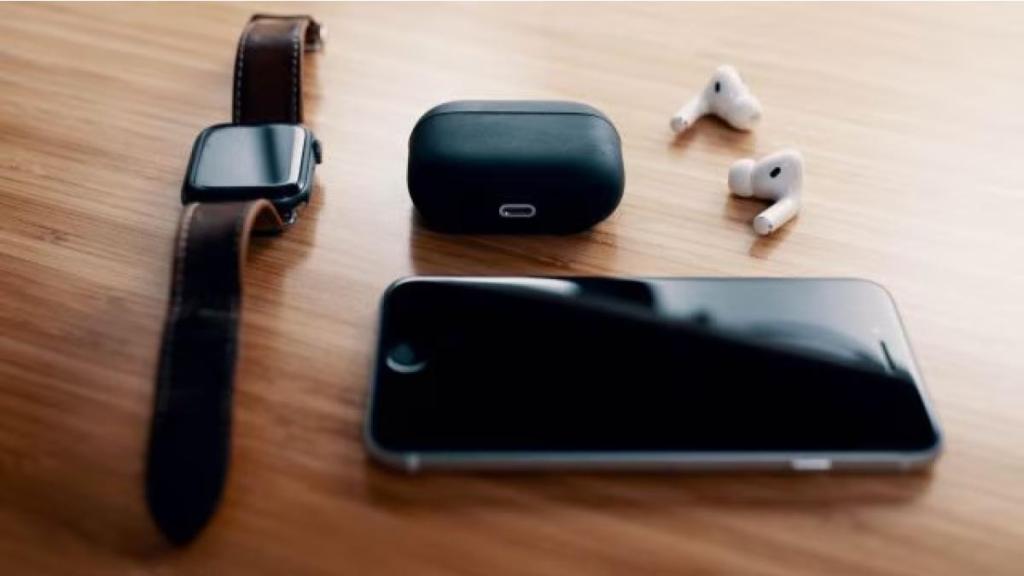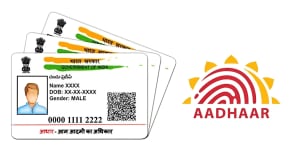The once-thriving domestic wearable market is experiencing a significant slump, with a 20.7% year-on-year decline in Q3 2024, according to IDC. This marks the second consecutive quarter of contraction, leaving startups searching for ways to reignite growth. However, analysts do not see a quick turnaround.
The market, now saturated, has shifted from tech-savvy early adopters to more price-sensitive consumers, who remain unconvinced by incremental upgrades.
“The value proposition for many wearable devices has plateaued,” says Navin Honagudi of Elev8 Venture Partners. “Meaningful innovation is needed to reset the demand cycle,” he added.
Also Read:WhatsApp introduces Typing Indicators feature to boost real-time engagement in Chats
Startups like boAt, Noise, and Boult are bearing the brunt of the downturn, with surplus inventory and declining revenues. Meanwhile, legacy players such as Apple and Samsung are better positioned, leveraging their ecosystems to retain users. boAt’s FY24 revenue fell 7.7% to Rs 3,118 crore, while Noise’s revenue stagnated at Rs 1,431 crore.
Compounding the problem, startups face competition from cheaper Chinese alternatives and aggressive pricing by newer players like Fire-Boltt.
Deep Bajaj, an angel investor, points to a broader cultural shift. “Tech fatigue is real – users are questioning whether they need yet another device tracking their steps or collecting their data”.
Also Read:Meet Daisy, the AI Granny giving scammers a run for their money
To counter these challenges, startups are looking at multiple strategies. Many are exploring premium offerings and expanding into audio devices such as headphones and wireless earbuds. Boult, for instance, has reported growth in personal audio despite an overall slowdown in the neckband and wired segments. Offline sales are also seeing an uptick as mass-market consumers transition to wireless earbuds.
Noise is betting on premiumisation, unveiling advanced products like the Luna Ring and partnerships with brands like Bose. “Consumers now seek meaningful upgrades,” Noise co-founder Amit Khatri, said, highlighting innovations like AI integration and lifestyle-centric designs.
Experts believe the wearables market isn’t in terminal decline but at a crossroads. The next wave of growth may come from convergence with AR/VR or breakthroughs in medical-grade health monitoring. Startups, they say, should explore partnerships with healthcare providers and insurers to tap into B2B revenue streams.
Carving out niches with innovative designs, personalisation, and durability, are some of the strategies which these firms should look at, analysts added.








